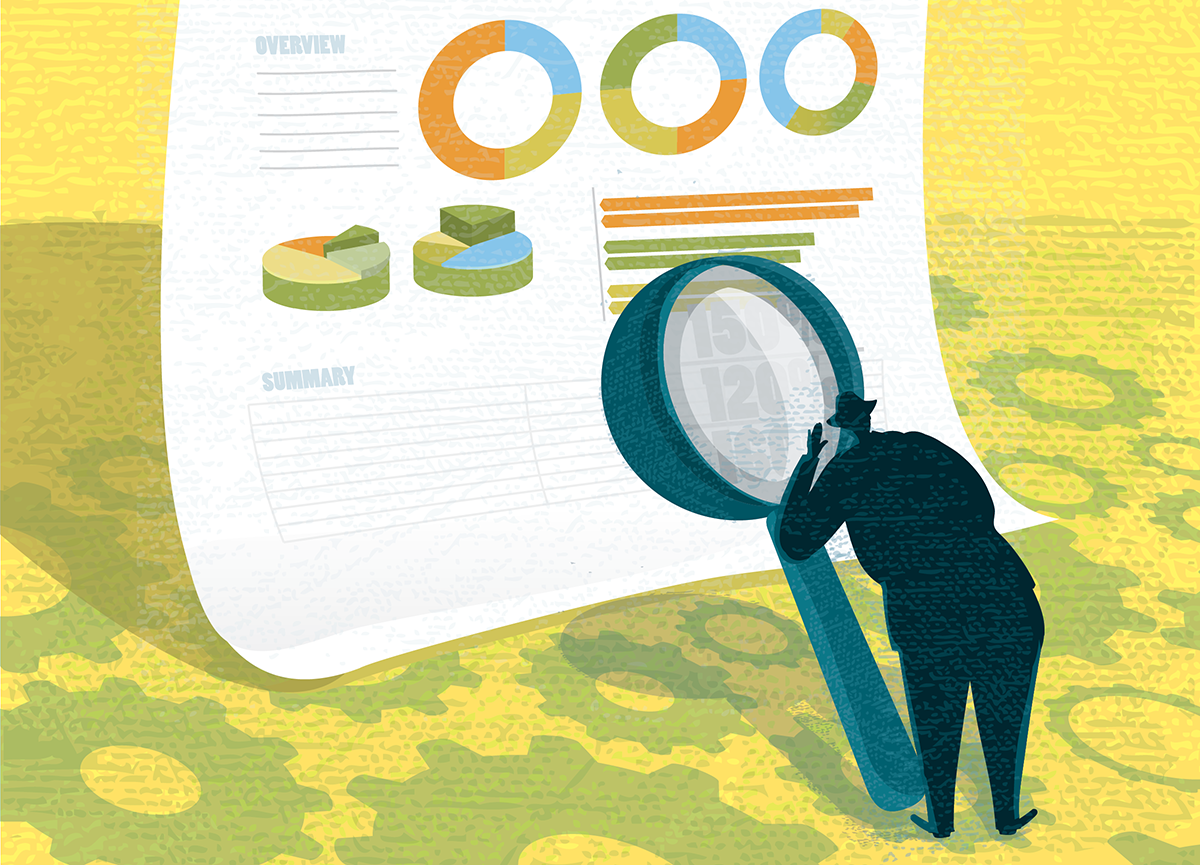
The Inflation Reduction Act of 2022 (P.L. 117-169) was signed into law on August 16, 2022. This massive measure (273 pages in PDF) is intended to tamp down inflation and reduce the deficit. It also makes a number of changes to tax law that are favorable to Medicare beneficiaries, including enabling the government to obtain rebates from drug price increases in excess of inflation and limit monthly insulin charges to $25 starting in 2023; capping the out-of-pocket limit on what Medicare beneficiaries pay for their prescription drugs starting in 2025; and allowing Medicare to negotiate directly for prescription drugs starting in 2026.
Analysis of these and other provisions affecting individuals is beyond the scope of Treasury & Risk, but corporate treasury and finance professionals should know about a few key provisions affecting business taxes. Two of the big sources of revenue in the legislation—to pay for the tax breaks, healthcare, and deficit reduction—apply only to large corporations.
- Starting in 2023, the law imposes is a 15 percent alternative minimum on a corporation's book income. Code §55(b). It applies only to corporations with average annual income of $1 billion or more in the three prior years. More specifically, it applies to adjusted financial statement income. It's estimated that only about 200 corporations fit this profile.
- Publicly held corporations will face a 1 percent excise tax on the repurchase of stock after December 31, 2022. Code §4501. This provision does not apply to repurchases under $1 million.
Another revenue raiser in the law is a two-year extension of the non-corporate taxpayer loss limitation through 2028. Code §461(l). This provision limits the deduction for business losses by owners of pass-through entities.
Recommended For You
Small businesses with research and development (R&D) expenses that qualify for the research credit may choose to use up to a set amount as an offset to their payroll taxes (Code §41(h)(4)(B)). Currently the limit is $250,000; it doubles to $500,000 in 2023.
There are also numerous tax changes to incentivize business investments in green energy.
Finally, the new law adds nearly $80 billion in funding for the IRS. The money is intended for taxpayer services, enforcement, operations support, and business systems modernization. Treasury Secretary Yellen said in a letter that this funding would not be used to "increase the share of small business or households below the $400,000 threshold that are audited," but there is no way to enforce this promise.
Sidney Kess, CPA-attorney, is of counsel at Kostelanetz & Fink.
From: New York Law Journal
© Touchpoint Markets, All Rights Reserved. Request academic re-use from www.copyright.com. All other uses, submit a request to [email protected]. For more inforrmation visit Asset & Logo Licensing.



